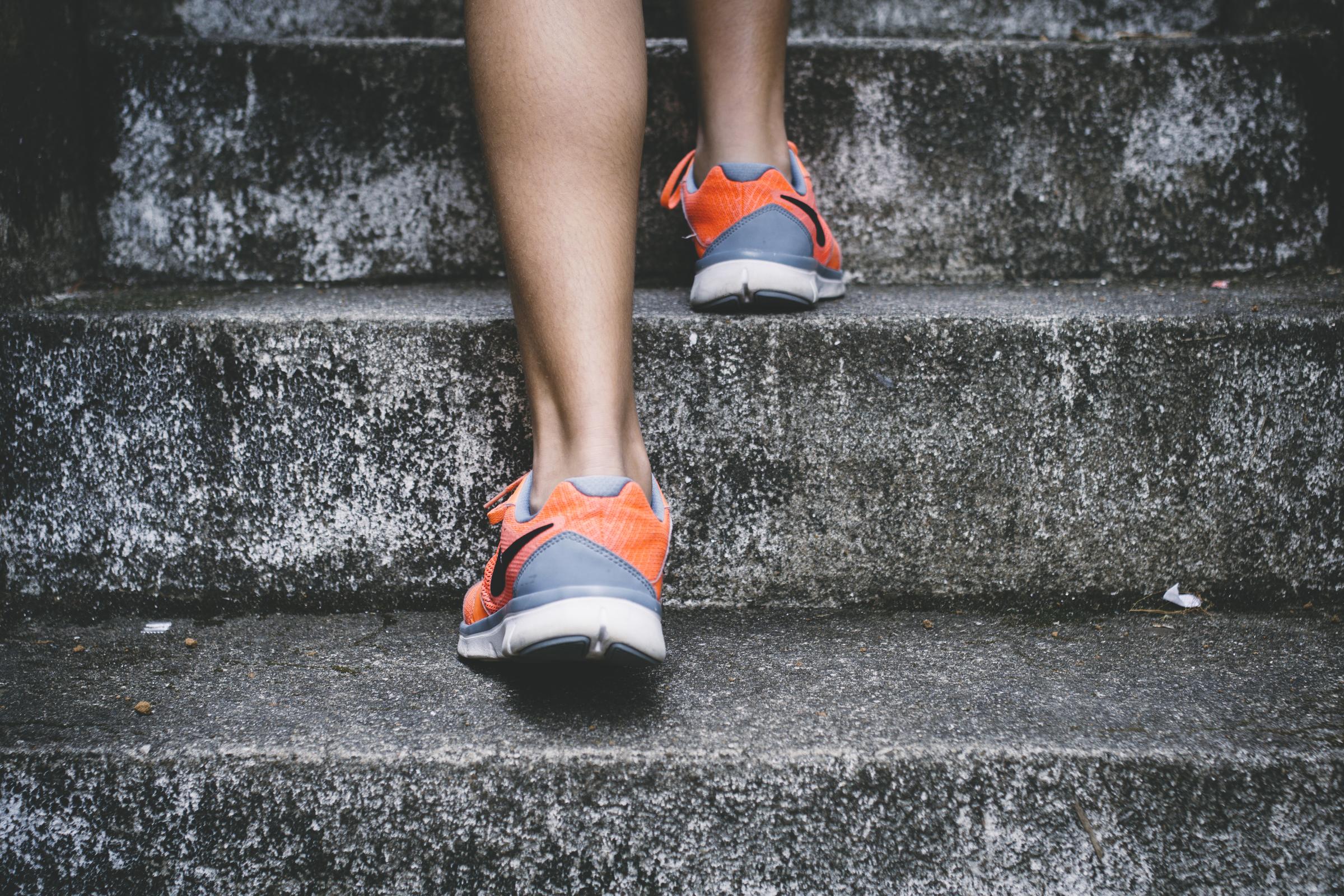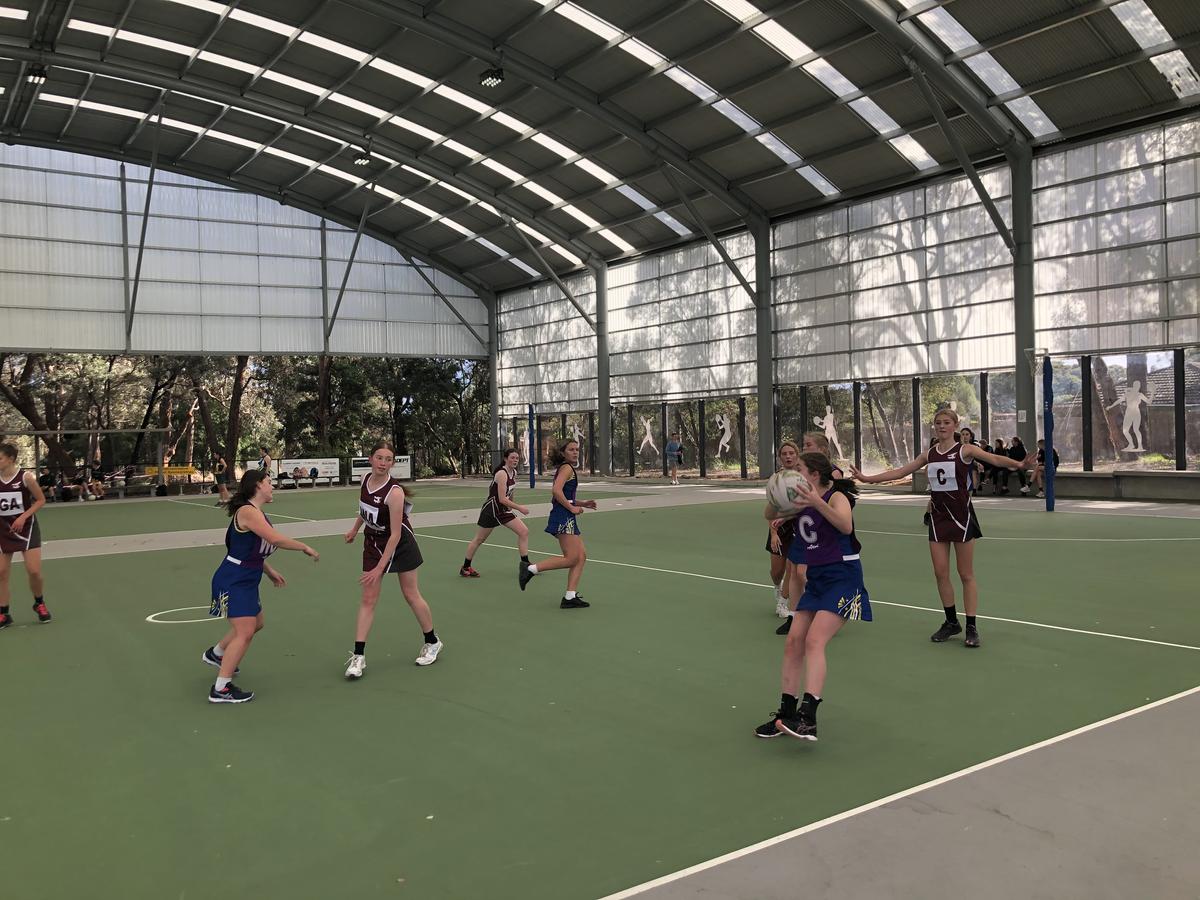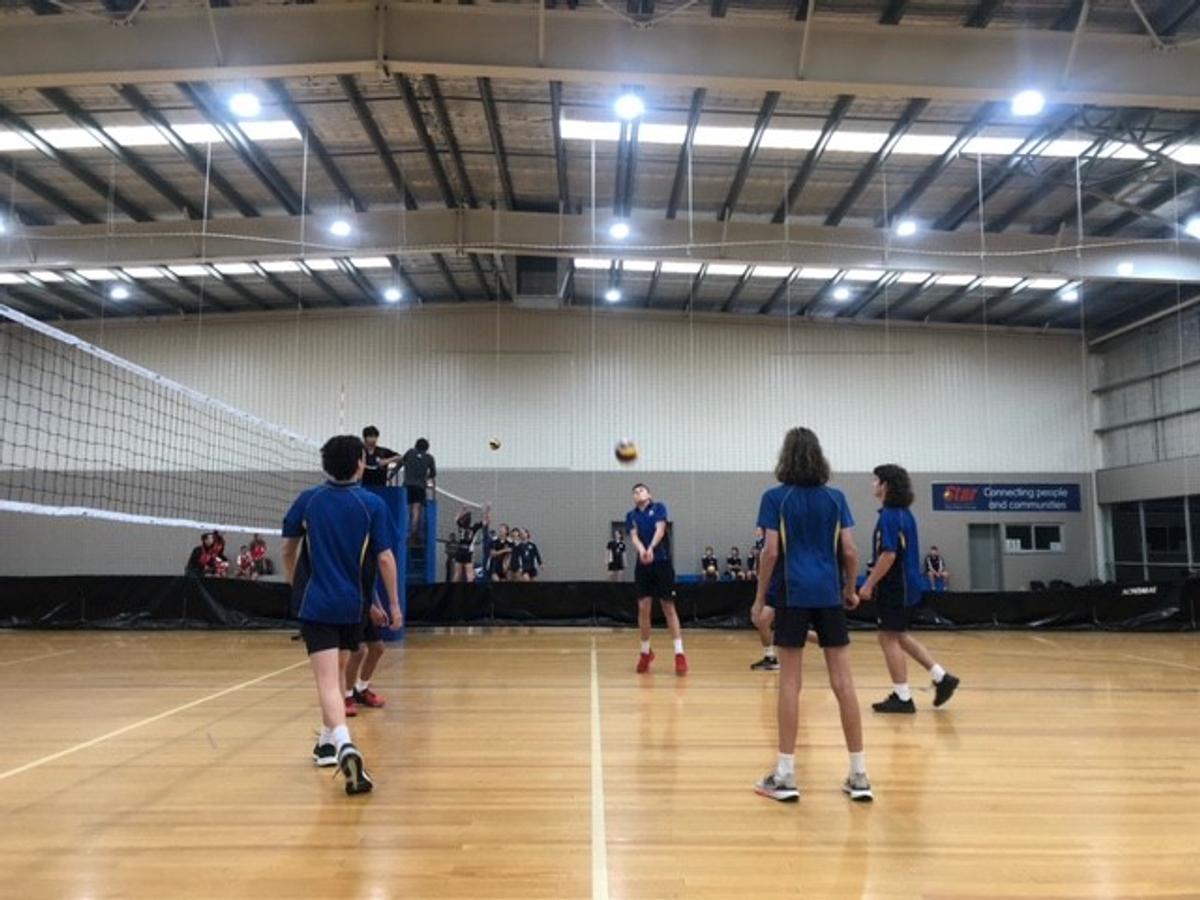EXERCISE CAN IMPROVE YOUR SCHOOL WORK!
Did you know that exercise can really improve your memory and concentration? However sadly it is often the first thing we stop when we get busy.
Here’s how exercise can help:
- Physical exercise can actually help improve your memory and improve the functioning of your brain. So whether you’re revising for an exam or doing class work, you’ll be able to take in and remember what you learnt much more easily if you have been doing some regular exercise.
- Any type of intense physical activity improves blood to flow to the brain. This means that just 20 minutes of exercise before studying can improve your concentration and help you focus on your learning.
- Physical activity raises your endorphin levels, the body’s famous ‘feel good’ chemical produced by the brain. This chemical also reduces your stress levels. So if you’re feeling overwhelmed, some regular exercise will help you to maintain a positive mind-set.
- Exercise boosts creativity and mental energy. So if you’re in need of inspiration, your big idea could be just a walk or jog away.
Check out how you can fit exercise into your week in the next newsletter.
From: https://www.ucl.ac.uk/students/news/2020/may/study-boosting-benefits-exercise#:~:text=When%20you%20do%20any%20type,help%20you%20focus%20your%20learning.
MANAGING ANXIETY AT SCHOOL
It is normal to feel some anxiety about school, especially at the start of the year. If you’re feeling anxious you are not alone, there are many students feeling the same and there are lots of strategies you can use to help manage anxiety.
Anxiety turns on our body’s stress response (also called fight or flight) which prepares us to react quickly and protect ourselves when faced with danger. However, many people feel anxious in situations that are stressful to them but aren't dangerous. For example, when things are new at the start of the year, when taking tests, or speaking in class.
If you feel anxious in situations like these, you’re not alone. But it’s best to learn how to cope. Otherwise, anxiety can hold you back or cause you to avoid things you’d like to do. Instead of avoiding things that create anxiety, it’s better to face them. You might be surprised by what you can do.
Here are five things that can help you through anxious moments:
- Start with a ‘growth’ mindset. Rather than “this is who I am, I can’t speak in class” try thinking, “with practice I can become more confident.”
With effort and practice our brains can learn new ways thinking and this includes reducing anxiety. - Notice how anxiety affects your body. When you’re anxious, do you feel "butterflies" in your stomach? Sweaty palms? Shaky hands? A faster heartbeat? Tight muscles? These feelings are part of your body’s stress response. They can be uncomfortable, but they aren't harmful. You can cope! Next time you feel them, try to notice them without getting upset or trying to stop them.
- Breathe. When you feel anxious, take a few slow breaths. Breathe in slowly. Be sure to breathe out all the way. You can use your fingers to count four or five breaths, in and out. Breathing slowly helps reduce the body’s stress response.
- Face the situation — don’t wait for anxiety to go away. You might think that you’ll put off speaking in class or talking to that new person until you no longer feel anxious about it. But it doesn’t work that way. It’s facing the anxiety that helps you lower it.
Learning to cope with anxiety takes time, patience, and practice. Start with one small step. If your anxiety feels extreme or hard to cope with, or if you're feeling anxious about a problem you need help with, tell a parent or another adult you trust.
For more information check out:
https://kidshealth.org/en/teens/anxiety-tips.html
https://headspace.org.au/explore-topics/for-young-people/anxiety/
PARENTZONE EASTERN NEWSLETTER TERM 1 2023
Please refer to link below for news and information on programs and services to support parents across the Eastern Region of Melbourne.






